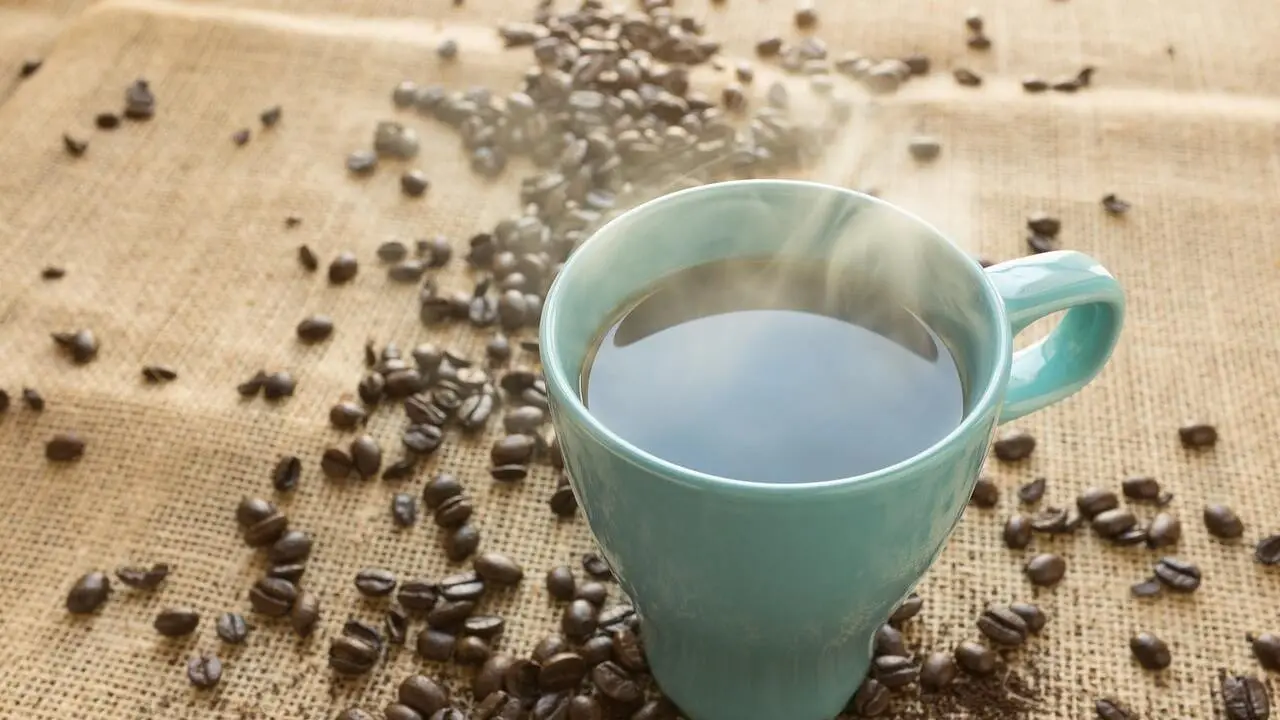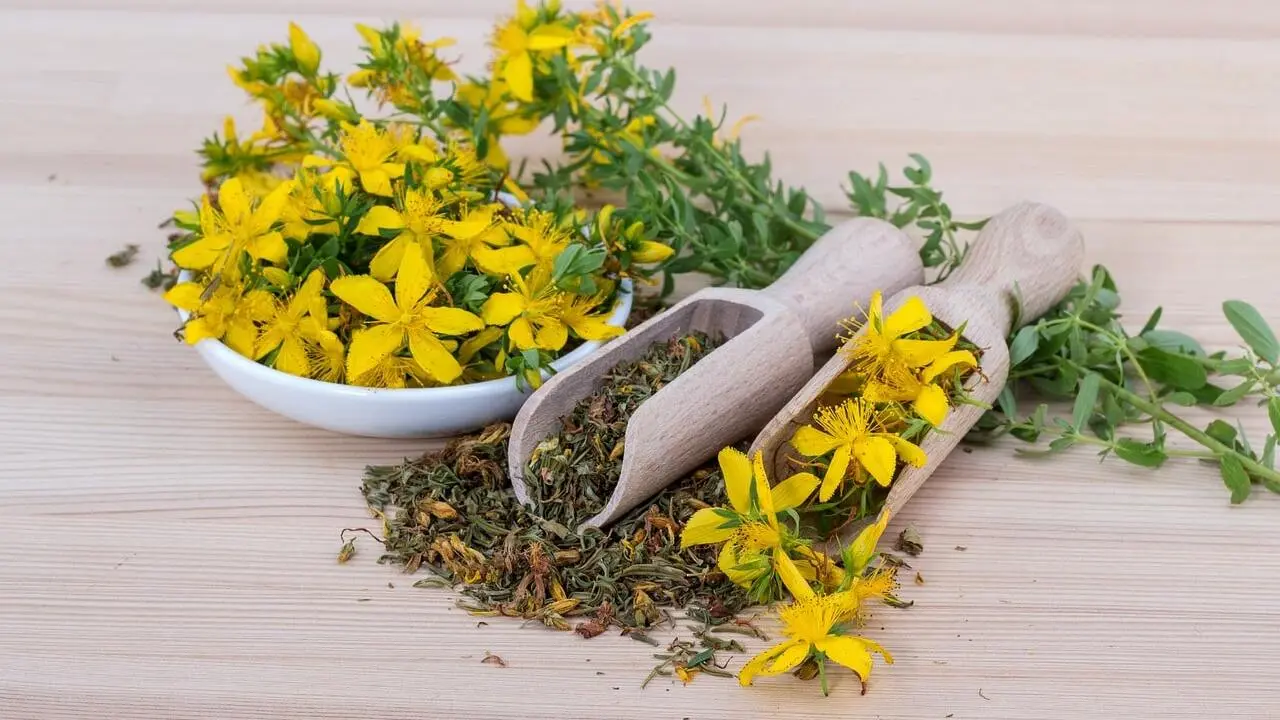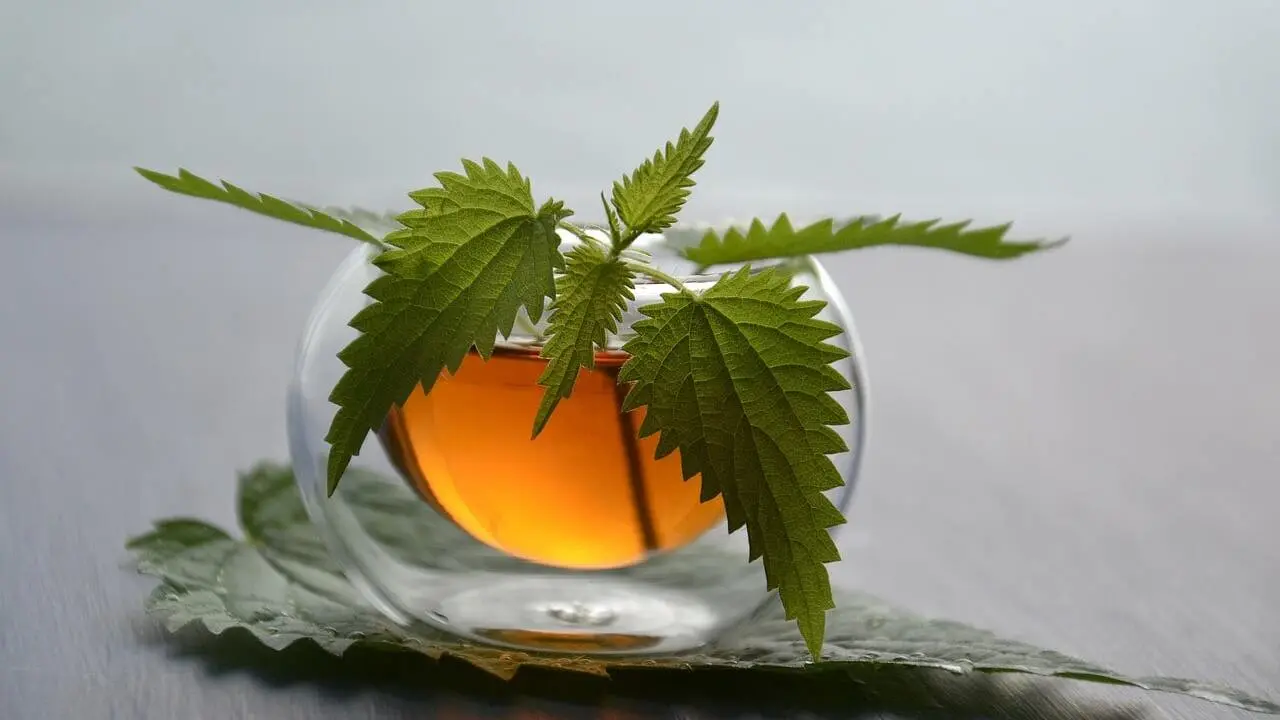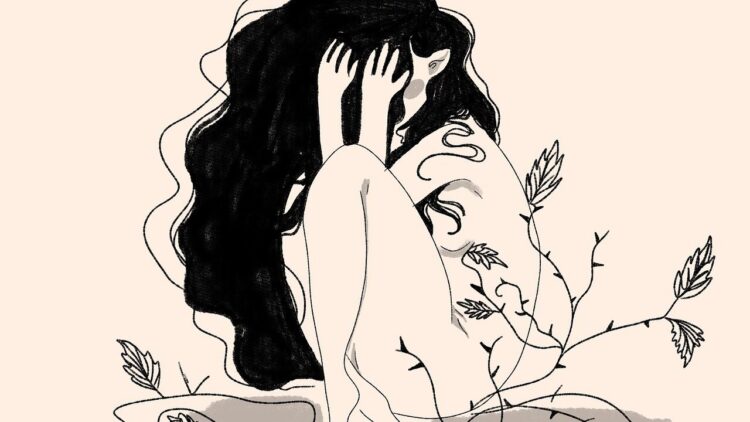Menstrual cramps are common challenges that many women face. The discomfort, pain, and emotional disturbances associated with these conditions can significantly disrupt daily life. While over-the-counter medications are frequently used, there’s a growing interest in natural alternatives. Herbal remedies for menstrual cramps are gaining popularity due to their minimal side effects and efficacy. This article explores the best herbal remedies for alleviating menstrual cramps and PMS symptoms.
Understanding Menstrual Cramps and PMS

Check Out 5 Tips to Prevent Monsoon Fungal Infections
PMS cramps, also known as dysmenorrhea, can result in pain in the lower abdomen, back, and thighs. PMS, on the other hand, encompasses a variety of symptoms, such as bloating, mood swings, headaches, and fatigue, occurring one to two weeks before menstruation.
The Advantages of Herbal Remedies
Herbal remedies offer many natural approaches to managing menstrual cramps and PMS symptoms. Many herbs possess anti-inflammatory, antispasmodic, and calming properties that help reduce pain and discomfort.
Top Herbal Remedies for Menstrual Cramps

1. Ginger as Home-remedies
Ginger acts as a potent anti-inflammatory herb that can help alleviate menstrual pain by reducing the production of large amounts of prostaglandins, which are chemicals that trigger uterine contractions. To use ginger for menstrual cramps, you can drink ginger tea or take ginger supplements. Fresh ginger root can be added daily to meals for an extra boost.
2. Chamomile as remedies
Chamomile is significant for its soothing properties and can help relax the uterus, thereby reducing cramps. Drinking chamomile tea regularly during your menstrual cycle can help alleviate pain and promote relaxation. Chamomile also has anti-inflammatory properties that can lessen overall discomfort.
3. Turmeric
Turmeric contains curcumin, a compound with strong anti-inflammatory and pain-relieving properties. It can help reduce period cramps and improve overall menstrual health. You can incorporate turmeric daily into your diet by adding it to foods or making turmeric tea.
4. Peppermint
Peppermint has antispasmodic and significant properties that can help relax the uterus muscles and reduce cramping. Drinking peppermint tea at regular intervals or using peppermint oil can provide relief from menstrual pain. Inhaling peppermint oil can also help reduce headache symptoms associated with PMS.
5. Fennel
Fennel seeds contain anethole, which has antispasmodic and anti-inflammatory effects. This makes fennel an effective remedy for menstrual cramps. Chewing on fennel seeds or drinking fennel regular interval tea can help reduce pain and discomfort during menstruation.
6. Cramp Bark
Cramp bark is an herb specifically known for its ability to relieve PMS cramps. It effectively works by relaxing the muscles of the uterus and reducing spasms. Cramp bark can be taken in supplement form, as a tincture, or as a tea.
7. Cinnamon as Herbal Remedies
Cinnamon has antispasmodic and anti-inflammatory properties that can help reduce menstrual pain. Adding cinnamon to your diet, either in foods or as a tea, can provide significant relief from cramps.
Herbal Remedies for PMS Symptoms

Evening Primrose Oil
Evening primrose oil is rich in gamma-linolenic acid (GLA), which can help with many types of hormonal balance and reduce PMS symptoms such as breast tenderness, mood swings, and bloating. Taking evening primrose oil supplements can help alleviate these symptoms.
Chasteberry (Vitex)
Chasteberry is a popular herb for balancing hormones and reducing PMS symptoms. It can help regulate the PMS cycle and alleviate symptoms such as irritability, headaches, and breast tenderness. Chasteberry is available in supplement form and should be taken regularly for best results.
St. John’s Wort
St. John’s Wort is known for its mood-enhancing properties and can help reduce PMS-related depression and anxiety. Taking St. John’s Wort supplements or drinking tea can help improve mood and emotional well-being during the menstrual cycle.
Black Cohosh
Black cohosh is another herb that can help balance hormones and alleviate PMS symptoms. It is particularly effective for reducing mood swings, hot flashes, and irritability. Black cohosh can be taken as a supplement or in tea form.

How to Use Herbal Remedies Safely
While herbal remedies can be effective, it’s important to use them safely. Always consult with a considerable healthcare doctor before starting any new herbal treatment, especially if you are taking other medications or have underlying health conditions. Start with small doses to see how your body reacts, and make sure to purchase high-quality products from reputable sources.
Herbal remedies for menstrual cramps and PMS offer to deal with natural and effective ways to manage symptoms. Ginger, chamomile, turmeric, peppermint, fennel, cramp bark, and cinnamon are excellent options for reducing menstrual pain. Evening primrose oil, chasteberry, St. John’s Wort, and black cohosh can help alleviate PMS symptoms. By incorporating these into your daily routine, you can find much relief and improve your overall well-being. Remember to consult with a healthcare professional doctor before starting any new treatment is should be ensure it is safe for your body and appropriate for your needs.
To get more of our exclusive content on Health Care and Lifestyle. Follow us on YouTube and Instagram.






